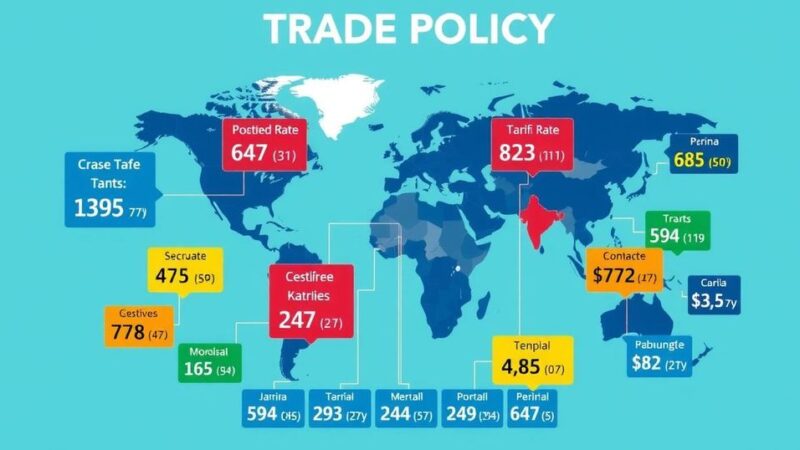Brazil has launched a $352 million payroll-deductible loan program for private-sector workers, aimed at boosting economic growth and consumer spending amidst declining approval ratings for President Lula. The loans, issued at lower interest rates, come with concerns about potential economic overheating and increased debt. The program’s success will depend on its implementation and economic conditions.
Brazil has introduced a new payroll-deductible loan program amounting to 2 billion reais ($352 million), as announced by presidential chief of staff Rui Costa. This initiative follows newly implemented government regulations aimed at expanding financing access for private-sector employees, reflecting a significant shift in economic strategy under President Luiz Inacio Lula da Silva.
In a local radio interview, Mr. Costa revealed that state-run banks, Banco do Brasil and Caixa Economica Federal, have issued nearly 1.2 million loans since the program’s launch. The interest rates for these loans, which are deducted directly from workers’ salaries, range from 1.5% to 3% per month, in stark contrast to the average rate of 5.9% for personal loans not tied to payroll deductions.
The introduction of these loans appears to be a strategic response to President Lula’s declining approval ratings. The government aims to enhance consumer spending and stimulate economic growth through these financial products, thus providing a safety net for private-sector employees during challenging times.
Economists and financial analysts express concerns regarding the broader economic implications of this loan initiative. While it could benefit workers, there are fears of economic overheating, particularly due to the central bank’s ongoing interest rate hikes aimed at combating inflation.
Central bank director Nilton David emphasized the need for careful assessment of the impact of the new credit rules. He presented two potential scenarios regarding borrowing behavior: one where borrowers use the loans to refinance high-interest debts and another where they accumulate additional debt, potentially increasing economic vulnerabilities.
The implementation of these loans could significantly enhance the financial wellbeing of millions of private-sector employees, particularly in managing unexpected expenses. However, the ultimate success of this program will hinge on its execution and the prevailing economic conditions, as it remains to be seen if it will galvanize consumer confidence and spending or lead to unsustainable debt levels.
The introduction of Brazil’s payroll-deductible loans marks a critical shift in the economic approach under President Lula. These loans offer lower interest rates, aiming to support private-sector workers amid declining approval ratings. While they hold potential benefits for consumer spending, economic analysts caution against possible overheating and increased debt burdens. Effective implementation and manageable economic conditions will determine the program’s overall success.
Original Source: www.tradingview.com






